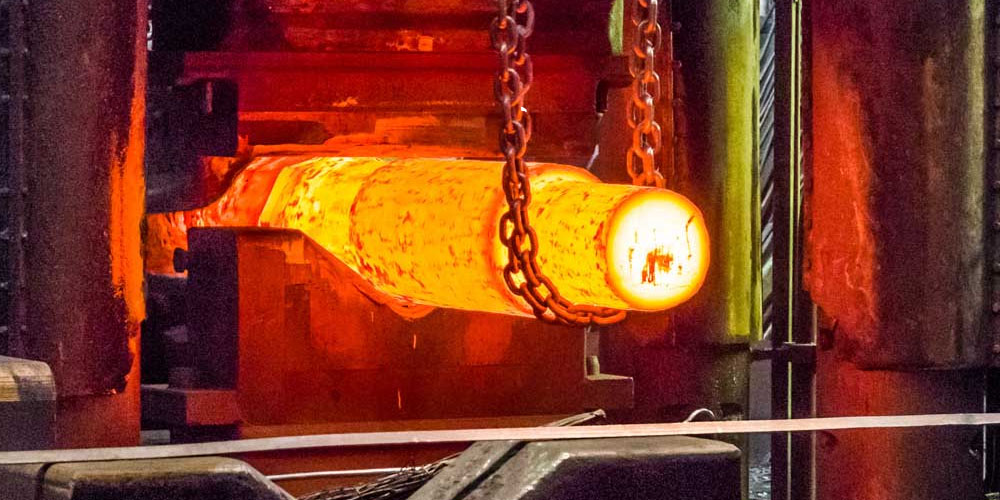The strength of forged car parts cannot be matched by cast or machined automotive parts. When it comes to strength and dependability, forgings are the greatest. Due to developments in forging technology, forged objects now come in a larger range of shapes, sizes, and performance levels to satisfy exacting design and performance standards.
Important automotive components are usually made with forgings where affordability, cost-effectiveness, dependability, impact resistance, and fatigue resistance are key considerations. Forged materials provide the needed quantity of maximum or low-temperature working, flexibility, stiffness, and utility.
It would be difficult to list all the uses that manufacturers have found for forged products because forging has been around for thousands of years and has only gotten better with time. Here in this article, we are going to discuss the forging services offered by CXIN Forging and some of the benefits of forged car parts.
Positive Aspects of Forged Automobile Parts
Since forging has so many beneficial and important characteristics, it is an essential component of metal shaping. Forging is a process that produces strong, trustworthy components for machines, engines, and technical apparatus that perform at their peak under any conditions.
As they develop their conceptualizations, designers, and engineers are able to produce parts with enhanced strength because they are aware of the impact of forging on grain flow and create designs that are immune to wear and failure. By letting designers choose the best components' materials and heat treatments, forging improves impact resistance, resilience, and mechanical strength.
Directional Strength
Through carefully controlled deformation, forging creates metal with excellent mechanical properties and sound metallurgy. The correct grain flow and directional properties of strength, ductility, and resistance to impact and fatigue are produced by reworking the metal before employing it in the forging process, and this factor is what causes it.
Durability Resistance
The ends of the grain flow lines are exposed in other types of metal manufacturing, which renders the metal more prone to corrosion and wear. Throughout the forging process, the grain flow is maintained such that it follows the component or part's shape and contour. Because the grain flow is maintained, forged objects offer higher fatigue and corrosion resistance.
Strengthening Capability
The fundamental advantage of forging is the added strength it gives completed goods. This is because the metal was able to maintain its structure and grain alignment throughout the forging process. Any concerns regarding impurities that can weaken or damage a component are gone thanks to the metals' prior processing and reworking. Because any potentially harmful impurities have already been eliminated, metals recrystallize beautifully.
Thickness Variation
Pieces can be of varying thicknesses since forging increases the strength-to-weight ratio. Being able to mass-produce parts using a single process that can handle various thicknesses has several advantages, including cutting down on manufacturing run lengths and lowering production costs. Whatever the material, there is a continual flow of material from one forging to the next.
Production Rate
The car sector benefits greatly from the high forging production rates. When metals are used in the cold forging process, items are produced swiftly and efficiently in just a few seconds. The time needed for hot forging increases to minutes as a result of the delay in heating the metals. No matter the part, it is simple and affordable to integrate the forging process into already-in-use manufacturing processes.
Final Remarks
In order to boost the competitiveness of the vehicle manufacturing industry, forging becomes a source of high-tech components while also making the automobile. Manufacturers of parts must develop precision forging technology. According to the product development trend and the factory's actual situation, forging businesses should develop the machinery and procedures for a variety of precision forging processes and products, pick the best course for their own development, and contribute to the development of precision forging technology in my nation.


